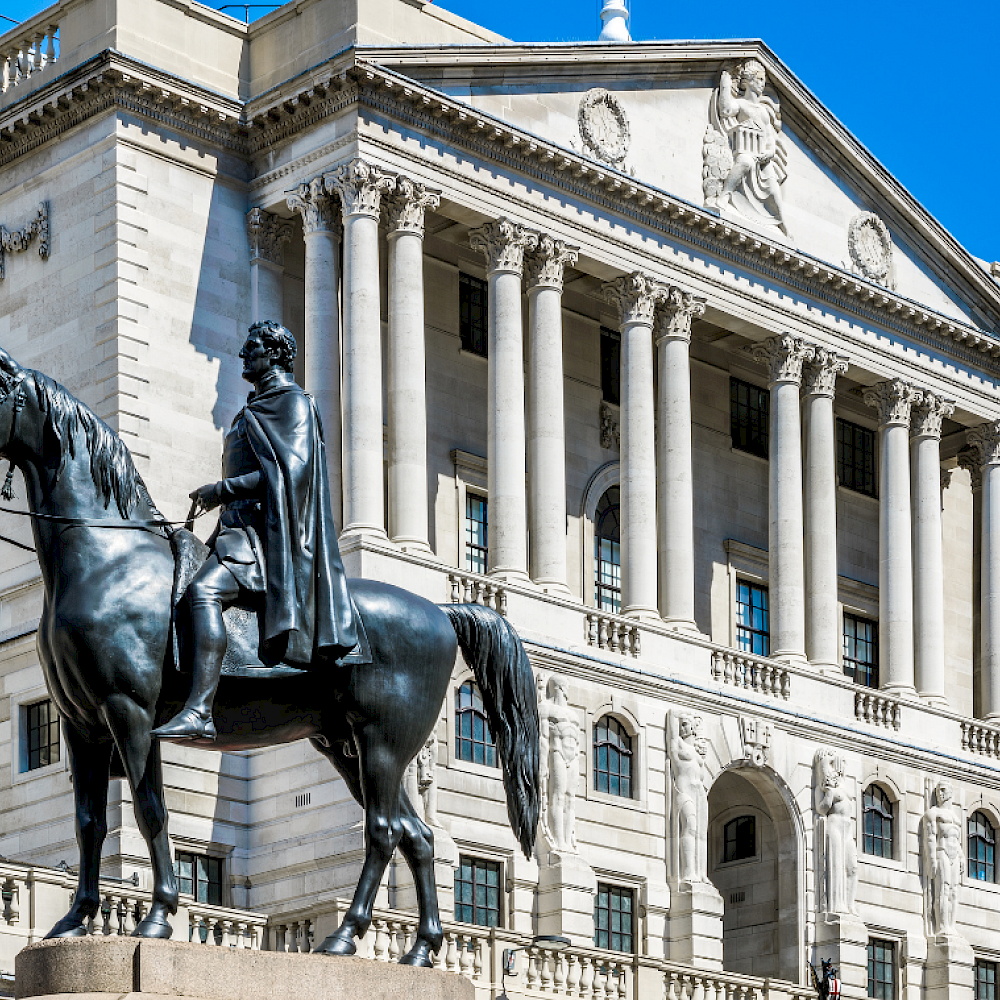BOE Cuts Rates to 4.25% – What It Means for You
8 May 2025 Reading time: 2 minutes

Well, it’s official—interest rates are on the way down. On 8 May 2025, the Bank of England lowered the base rate by 0.25 percentage points to 4.25%. That’s the fourth cut in under a year, and the fastest pace of monetary easing we’ve seen since the financial crisis. So, what’s going on, and how does it affect your wallet?
Let’s break it down.
Why the Cut?
The main reason: inflation is finally behaving itself. After peaking at a worrying 11.1% back in 2022, it’s now dropped to a much more manageable 2.6%. The Bank of England has a target of 2%, and we're getting closer, which gives them a bit more room to cut rates and support the economy.
Add in a few global trade tensions, slowing growth, and some not-so-cheery economic forecasts, and you’ve got a recipe for rate cuts. The idea is simple: lower rates mean cheaper borrowing, which ideally gets money moving again.
The Winners and Losers
Homeowners with variable mortgages: If your mortgage is tied to the base rate, you might notice your monthly payments shrinking. A standard tracker mortgage could save you around £347 a year, which isn’t exactly a free holiday, but we’ll take it.
First-time buyers and re-mortgagers: Lenders are now jostling to offer the most tempting deals. We’re already seeing some fixed-rate offers dip below 4%, making it a slightly less terrifying time to dive into the property market.
Savers: Sorry. The flipside of cheaper borrowing is lower returns on your savings. Easy-access accounts are already nudging down from last year’s highs, so it might be time to shop around if you're chasing decent interest.
Business owners: Lower rates can ease the pressure if you’re dealing with business loans, especially after the recent rise in employer National Insurance contributions. It’s not a full solution, but every bit of breathing room helps.
What Comes Next?
Analysts are hinting that this won’t be the last cut. There’s talk of rates dipping as low as 3.5% by the end of the year, depending on how the economy behaves. That said, the Bank of England will be watching inflation and growth figures closely—so it’s not a done deal.
If you’re a borrower, there may be more opportunities ahead. If you're a saver, well... maybe it’s time to talk to an adviser about your options.
Final thought: The rate cut is good news for some and a mixed bag for others. Either way, it’s another reminder that staying on top of financial changes—whether you're a homeowner, investor, or business owner—can make a real difference.
Got questions or wondering how this impacts you or your business? We’re here to help.




